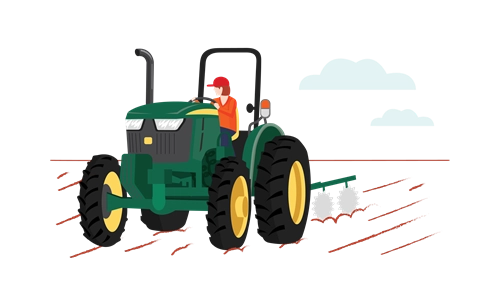Overview
The study of the principles and practices of providing general and specialised preventative, curative, rehabilitative and palliative care to individuals and groups. It includes the study of the structure and function of the human body and mind, the restoration and maintenance of health, pain control, human behaviour and nursing ethics. The main purpose of this narrow field of education is to develop an understanding of the health and wellbeing of individuals and groups. It also involves developing an understanding of professional responsibility in relation to individuals, the community and other health professionals.
Course skills
Nursing develops skills in:
- assessment and identification of health care needs
- developing skills in health problem identification and clinical decision-making
- developing skills in planning, implementing and evaluating nursing care provided to individuals and groups.
Source: Australian Bureau of Statistics










